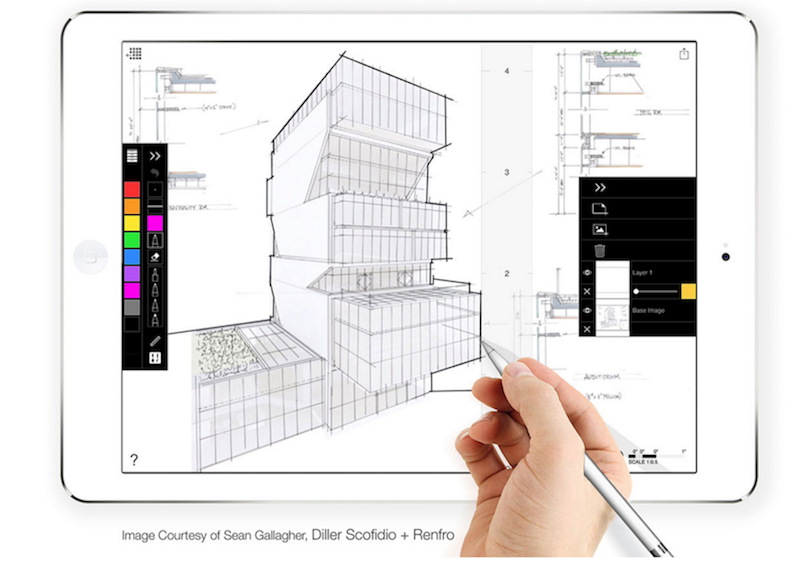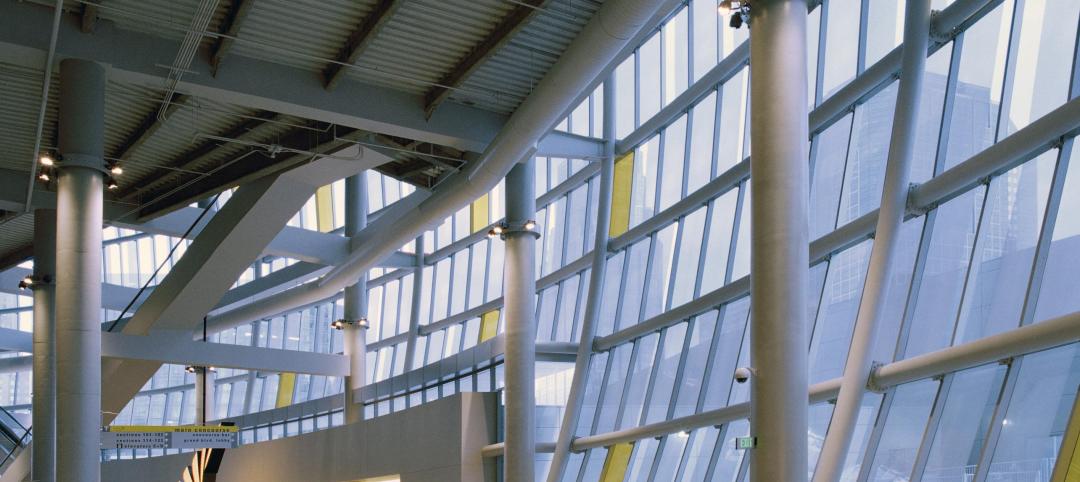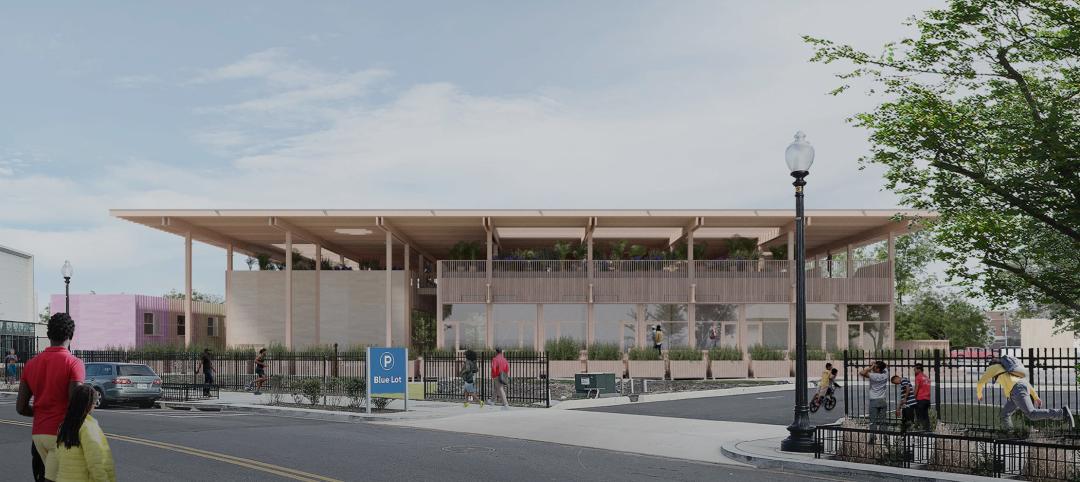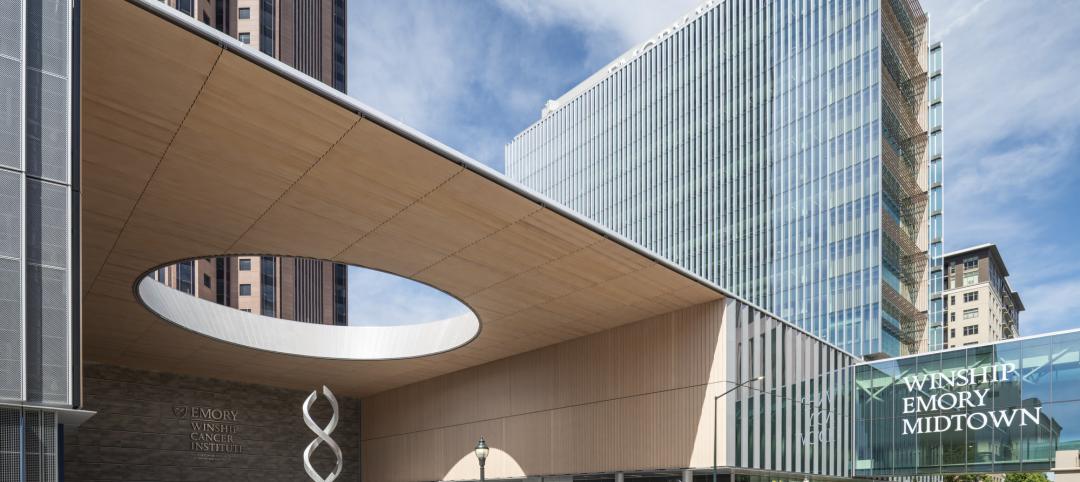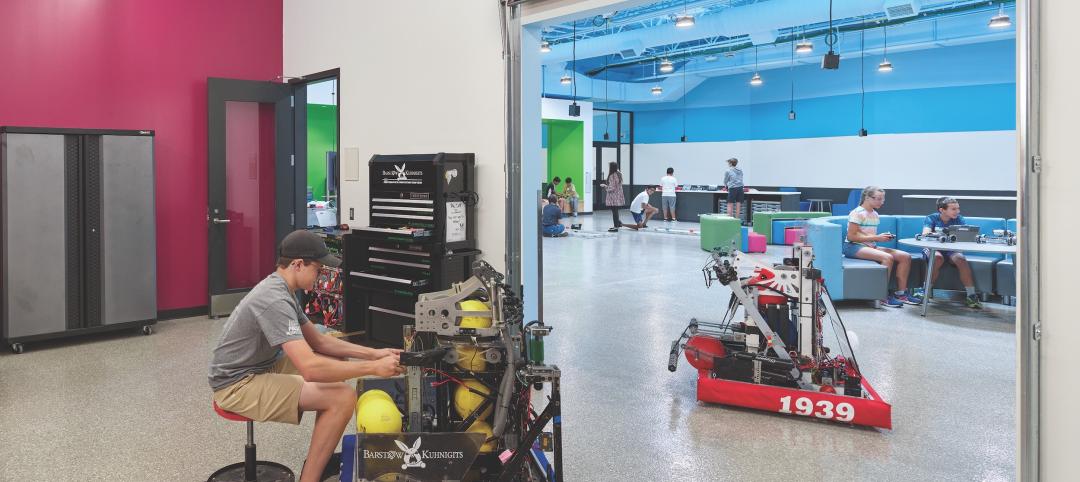They say it is a poor carpenter who blames his tools. But what if he isn’t blaming the tools, but praising them? That is the question Morpholio seems to have been asking itself when designing a technical pen for architects and designers in the modern age. A pen Morpholio hopes will be praised for making the lives of these architects and designers much easier.
As CAD software took over in the 90s and early 2000s, pen sets went the way of the dodo, and the art of hand drafting went along for the ride. But as architecturelab.net reports, a renaissance of architects using hand drawing and sketching as part of their process, thanks to the prevalence of touchscreens and styluses, is currently occurring.
And, as Anne Sullivan (known for being Helen Keller’s instructor) once said, “Every renaissance comes to the world with a cry, the cry to be free.” So, what are these designers and architects crying to be freed from? How about the one-size-fits-all sliders used for controlling line weight or the irksome task of constantly making note of the line weight being used for a given aspect of the drawing?
With the ability to zoom in and out of an image with a simple pinching or spreading motion of one’s fingers, a line that was perfect at one zoom level could become too thick when zoomed in our too thin when zoomed out.
That’s where Morpholio’s new ScalePen comes in. ScalePen works in tandem with Morpholio’s popular “Trace” drawing app and is described as Anna Kenoff, Morpholio Co-creator, as “an entirely new opportunity for architectural drawing.” The key feature associated with ScalePen is that it eliminates the need for the user to keep records of their pen weight. Instead, the software does the tedious pen-related bookkeeping itself.
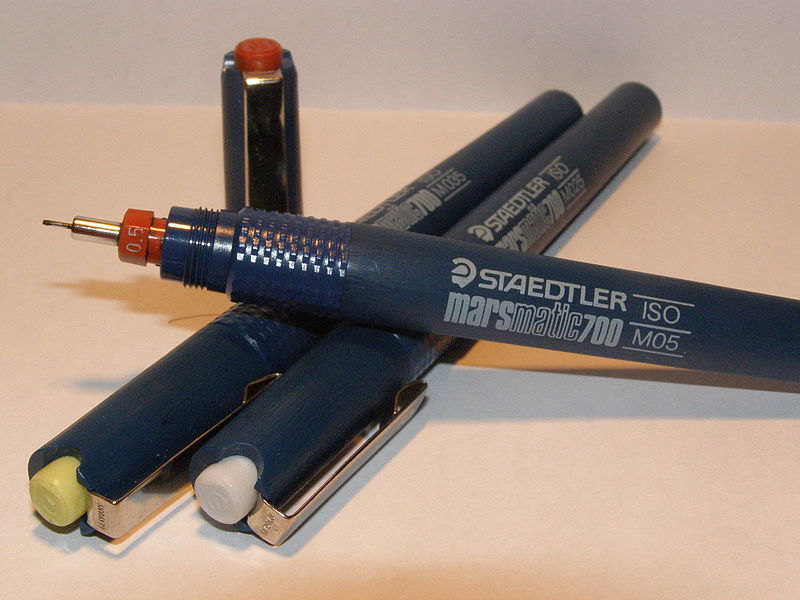
Depending on the drawing scale and the zoom level, ScalePen continuously and automatically assigns a calibrated set of technical pens and pen sizes. Zoom in to a specific spot in the drawing and ScalePen will adjust. Zoom out or change the scale, and the pen sizes change too. The result of all of this dynamic change is that it saves time for the designer or architect and creates uniformity among line weight.
For example, a designer can zoom in on a site plan at 1/16-inch scale and draw specific details on one of their designs using a set of ten pen sizes. When finished, the designer can zoom out to, say, ¼-inch scale, and be gifted with a new set of ten pen sizes and add some additional details. Finally, the designer can zoom out to the original scale and be presented with the same ten pens they had at the start and continue on their merry way.
As Morpholio Co-creator Toru Hasegawa told architectmagazine.com, “No matter what zoom level you are in, there is a thinnest line and a thickest line relative to that zoom level.” Ah, the magic of the digital age.
The patent-pending ScalePen works with eight pen types, including pencil, charcoal, and brush, providing even more specificity and possibility for the designer/architect and making the tool even more useful. While it might still be unbecoming to blame the tools for any user-related shortcomings, Morpholio probably wouldn’t mind being praised for the opposite.
Related Stories
Student Housing | Jun 5, 2023
The power of student engagement: How on-campus student housing can increase enrollment
Studies have confirmed that students are more likely to graduate when they live on campus, particularly when the on-campus experience encourages student learning and engagement, writes Design Collaborative's Nathan Woods, AIA.
Engineers | Jun 5, 2023
How to properly assess structural wind damage
Properly assessing wind damage can identify vulnerabilities in a building's design or construction, which could lead to future damage or loss, writes Matt Wagner, SE, Principal and Managing Director with Walter P Moore.
Cladding and Facade Systems | Jun 5, 2023
27 important questions about façade leakage
Walter P Moore’s Darek Brandt discusses the key questions building owners and property managers should be asking to determine the health of their building's façade.
Retail Centers | Jun 2, 2023
David Adjaye-designed mass timber structure will be a business incubator for D.C.-area entrepreneurs
Construction was recently completed on The Retail Village at Sycamore & Oak, a 22,000-sf building that will serve as a business incubator for entrepreneurs, including emerging black businesses, in Washington, D.C. The facility, designed by Sir David Adjaye, the architect of the National Museum of African American History and Culture, is expected to attract retail and food concepts that originated in the community.
Mixed-Use | Jun 1, 2023
The Moore Building, a 16-story office and retail development, opens in Nashville’s Music Row district
Named after Elvis Presley’s onetime guitarist, The Moore Building, a 16-story office building with ground-floor retail space, has opened in Nashville’s Music Row district. Developed by Portman and Creed Investment Company and designed by Gresham Smith, The Moore Building offers 236,000 sf of office space and 8,500 sf of ground-floor retail.
Healthcare Facilities | Jun 1, 2023
High-rise cancer center delivers new model for oncology care
Atlanta’s 17-story Winship Cancer Institute at Emory Midtown features two-story communities that organize cancer care into one-stop destinations. Designed by Skidmore, Owings & Merrill (SOM) and May Architecture, the facility includes comprehensive oncology facilities—including inpatient beds, surgical capacity, infusion treatment, outpatient clinics, diagnostic imaging, linear accelerators, and areas for wellness, rehabilitation, and clinical research.
K-12 Schools | May 30, 2023
K-12 school sector trends for 2023
Budgeting and political pressures aside, the K-12 school building sector continues to evolve. Security remains a primary objective, as does offering students more varied career options.
Multifamily Housing | May 30, 2023
Boston’s new stretch code requires new multifamily structures to meet Passive House building requirements
Phius certifications are expected to become more common as states and cities boost green building standards. The City of Boston recently adopted Massachusetts’s so-called opt-in building code, a set of sustainability standards that goes beyond the standard state code.
Sports and Recreational Facilities | May 30, 2023
How design supports a more holistic approach to training
For today’s college athletes, training is no longer about cramming team practices and weight lifting sessions in between classes.
Contractors | May 24, 2023
The average U.S. contractor has 8.9 months worth of construction work in the pipeline, as of April 2023
Contractor backlogs climbed slightly in April, from a seven-month low the previous month, according to Associated Builders and Contractors.


